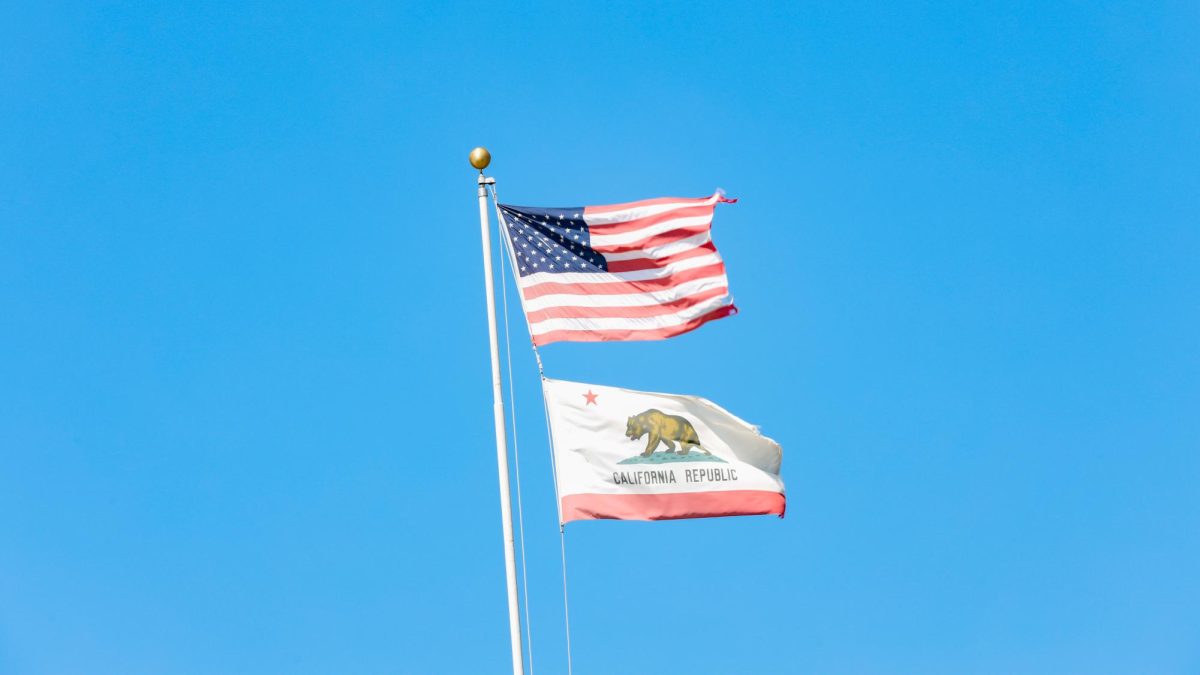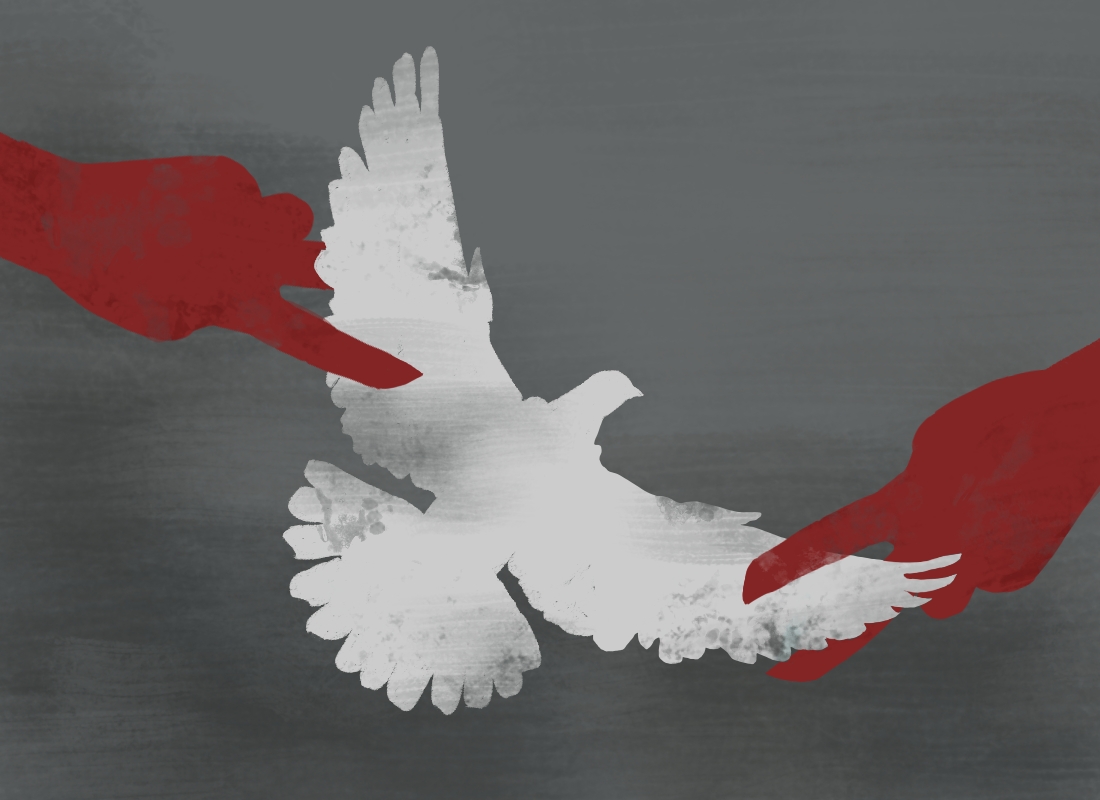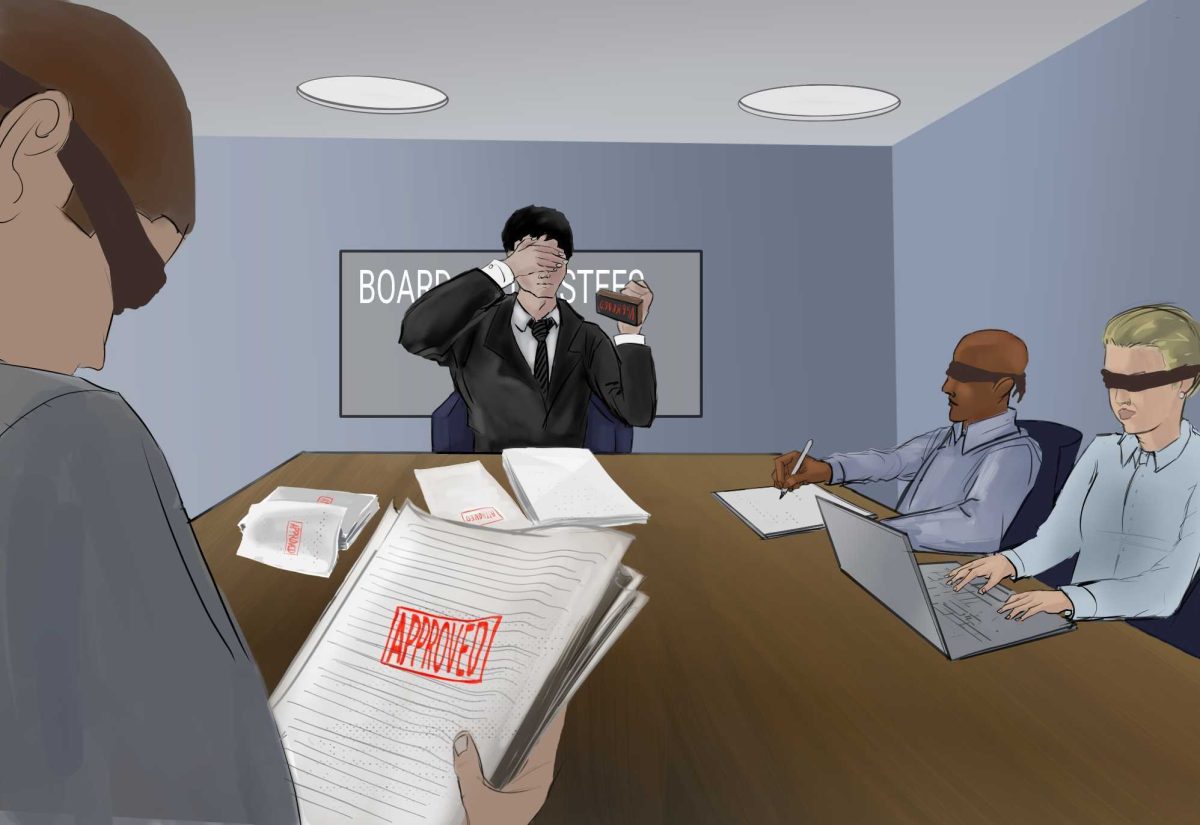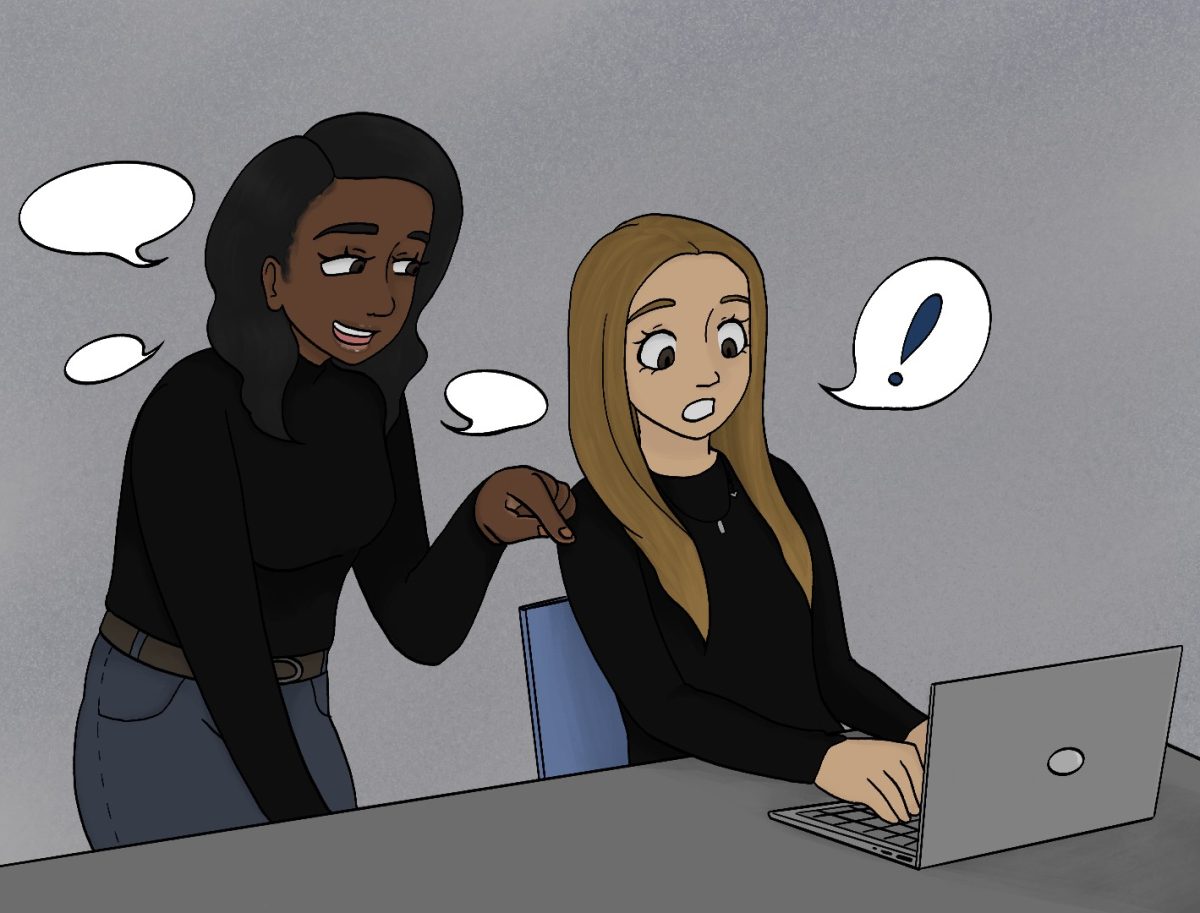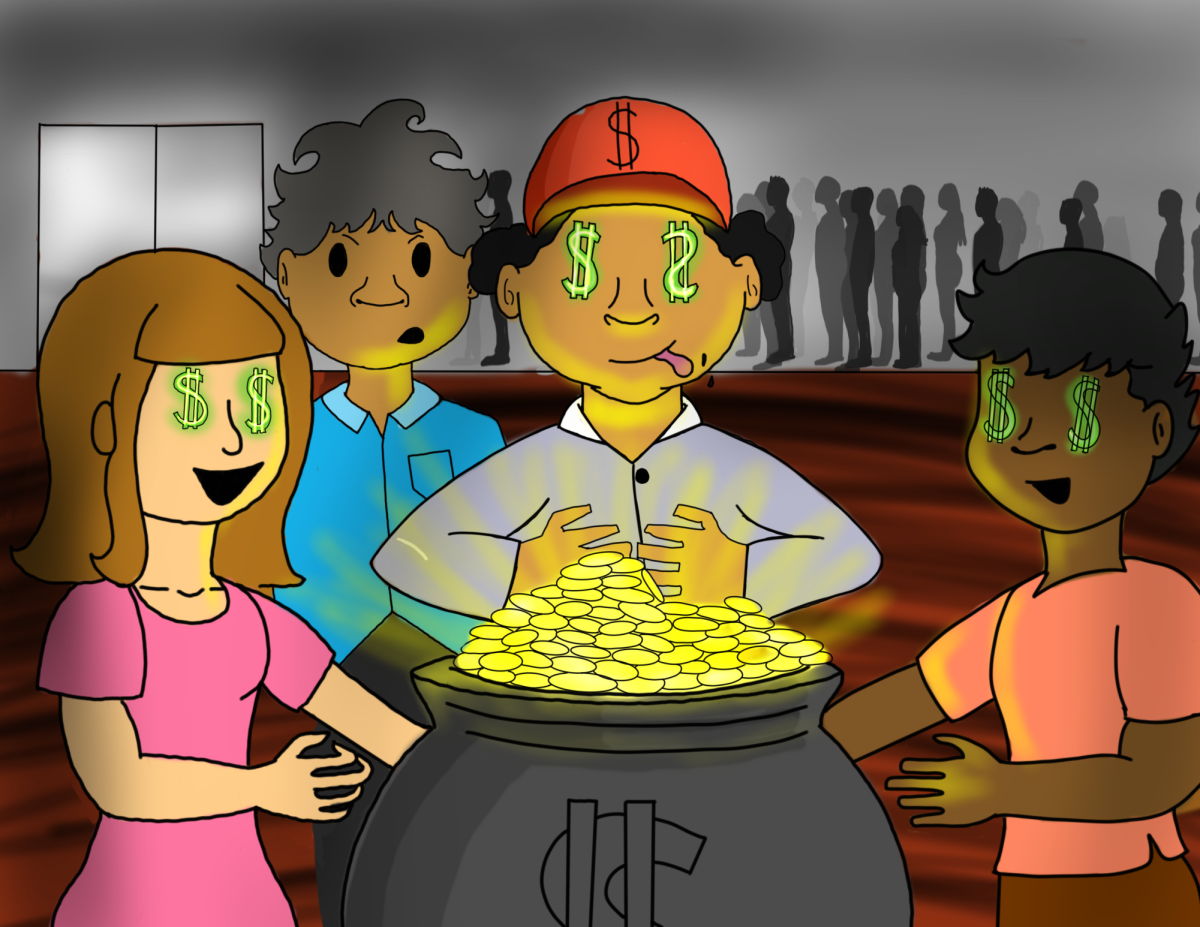Come May 19, California voters will be tested. Will they vote for their own personal interests, or for the good of the state?
Voting down proposition 1A would be akin to saying, “I don’t care about this state’s budget crisis or the debt, I just don’t want my taxes raised.” Among other things, the proposition would extend the recently raised sales tax, income tax and car tax to last until 2013.
If 1A passes and the extension of these taxes goes into effect, over a four-year period California will receive $16 billion in additional revenue, a sum of money that will be needed if California is ever going to pay off its burgeoning debt.
No one wants their taxes raised. That’s obvious. It almost feels like robbery. We work hard, put in our hours, and then the government decides that we don’t own all of our income. Couple that with property tax, sales tax and federal taxes as well and it would seem like death and taxes are the only two sure things in life.
We don’t live in a world where we can just print money. So inevitably, if the legislature gets too trigger happy with spending, we go into debt. Some debt is OK. It allows us to get things done at a quicker pace, without having to wait for tax revenues, but just like an average citizen barred from buying a house way above their price bracket because it will put them in too much debt, the state government shouldn’t have been able to spend non-existent money.
So they messed up. Most governments do, and then due to public backlash, they fix their mistakes. This is exactly what the propositions are about; balancing the budget, ensuring that we don’t hasten debt and actually begin to pay it off.
No, the propositions are by no means perfect. Prop 1B seems out of place, as it will actually increase long-term spending on education. Prop 1C borrows $5 billion against the statewide lottery in hopes that the lottery will bring in profit. 1D and 1E reallocate funds meant for mental health and children’s services and diverts them to our budget deficit, temporarily. These two propositions are more questionable, since they are very much short-term measures which do nothing to address the actual problem. Around $900 million would be gained. Prop 1F could be seen as a good-will gesture to voters. It bars the legislators from giving themselves or other public officials pay raises during years where the state runs a deficit.
Although none of the votes are easy decisions, they were put on the ballot by the legislature, and without them, spending cuts and tax raises may occur elsewhere, it is vital that our budget be balanced in the years ahead.



